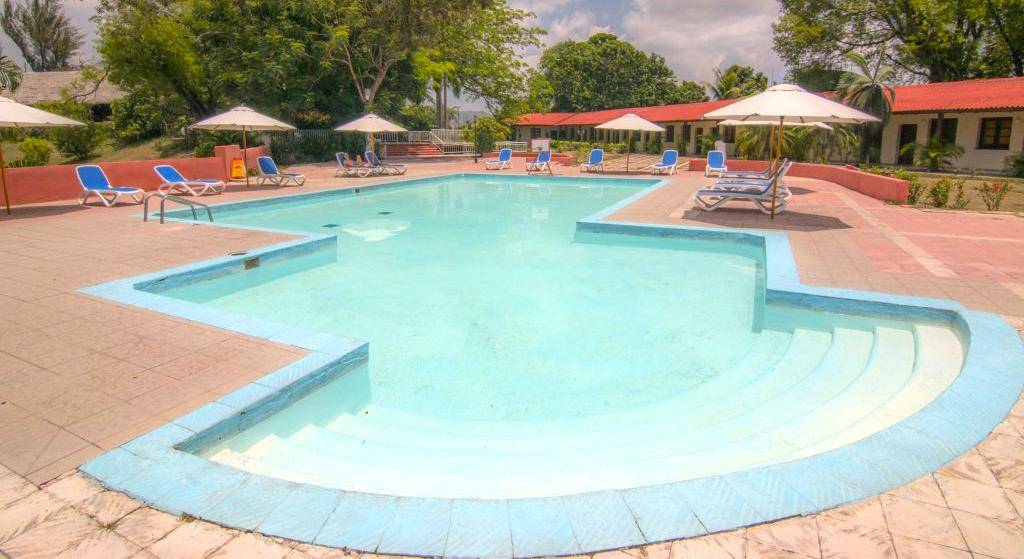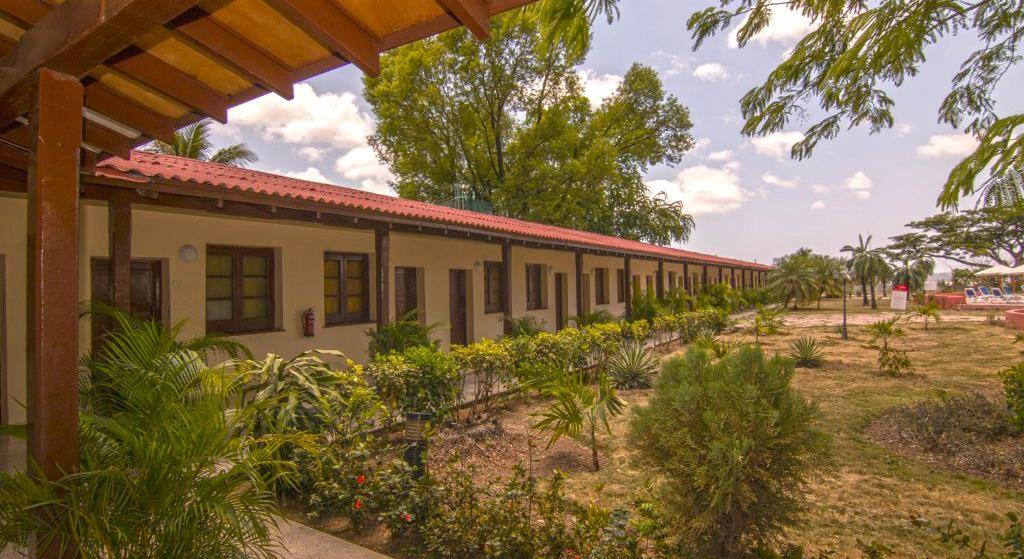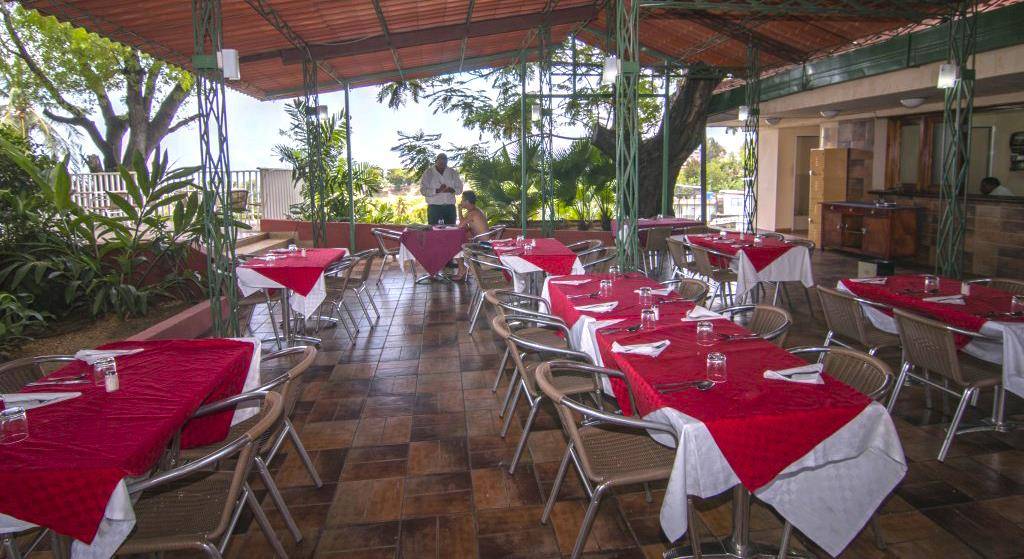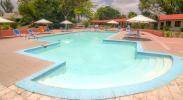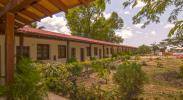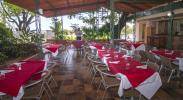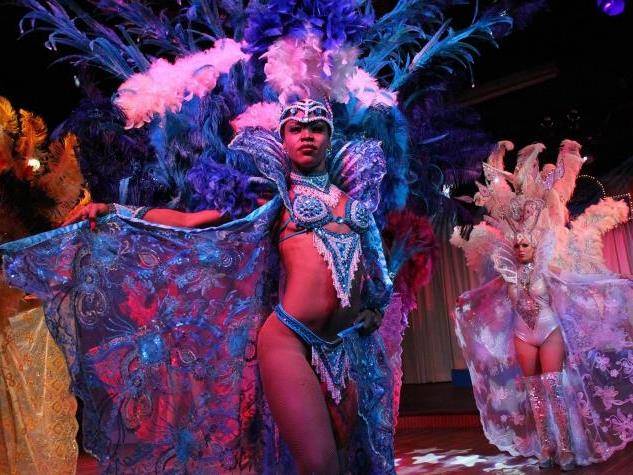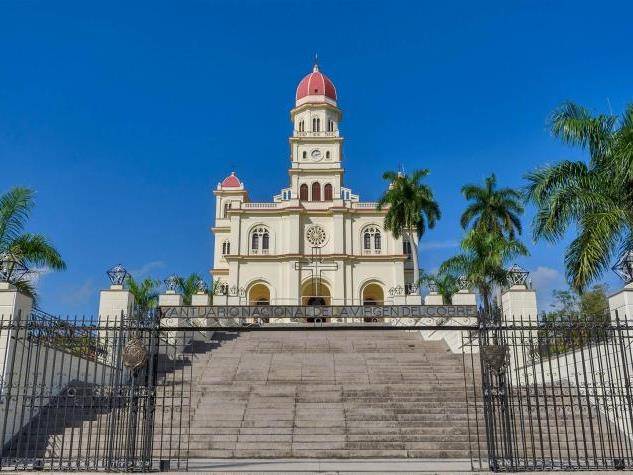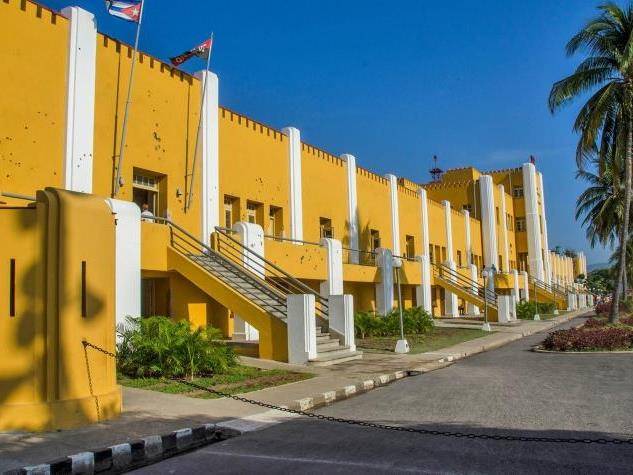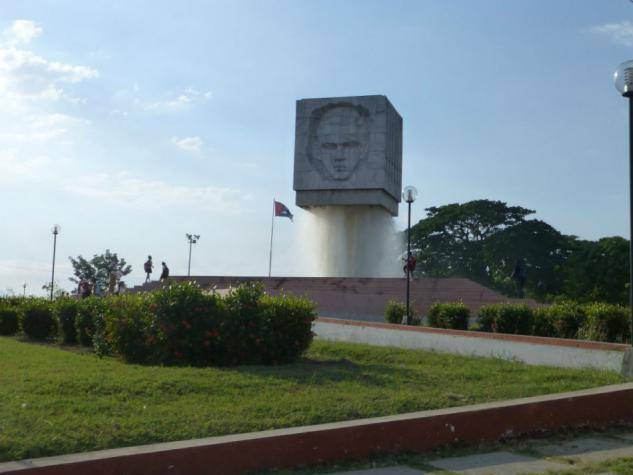
Abel Santamaría Historic Park
Abel Santamaría Historic Park is compounded by the museum, a library and a monument in the place in which you will find the ruins of the Former Saturnino Lora Civil Hospital. The museum of the enclosure which binds together all these buildings was opened in 1973 on the occasion of the 20th anniversary of the assault to the Moncada Headquarters, and exhibits the history related to the famous assault and the trial of Fidel Castro. The monument opened in 1979 in memory of Abel Santamaría and his colleagues who were tortured and murdered after the failed raising. It has four faces in which there is a sphinx of José Martí, another of Abel Santamaría, six bayonets symbolizing justice; the solitary star and a verse of the National Anthem. The water curtain which seems to support the compound symbolizes the ideals of the young men of the Centenary Generation.

